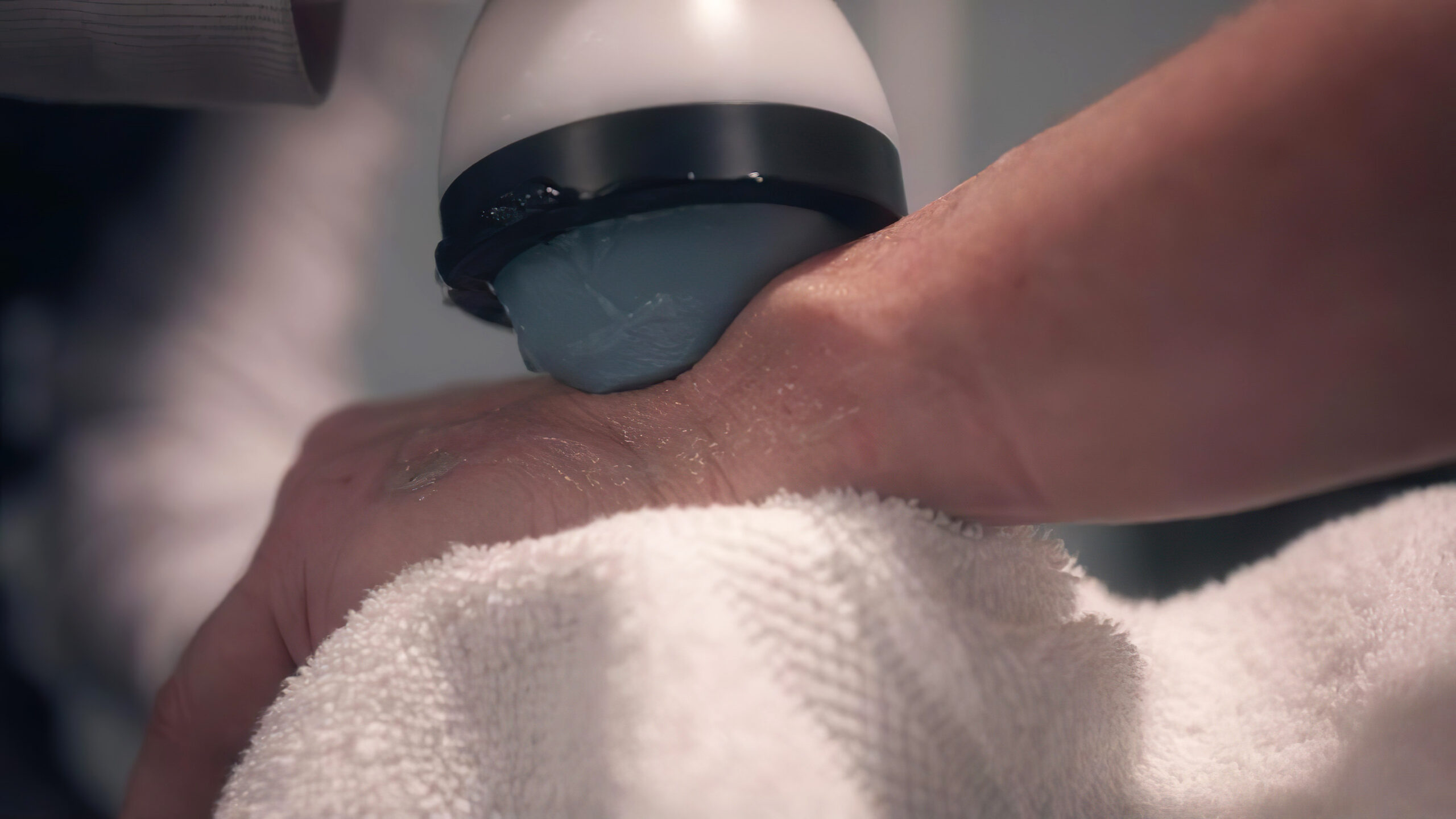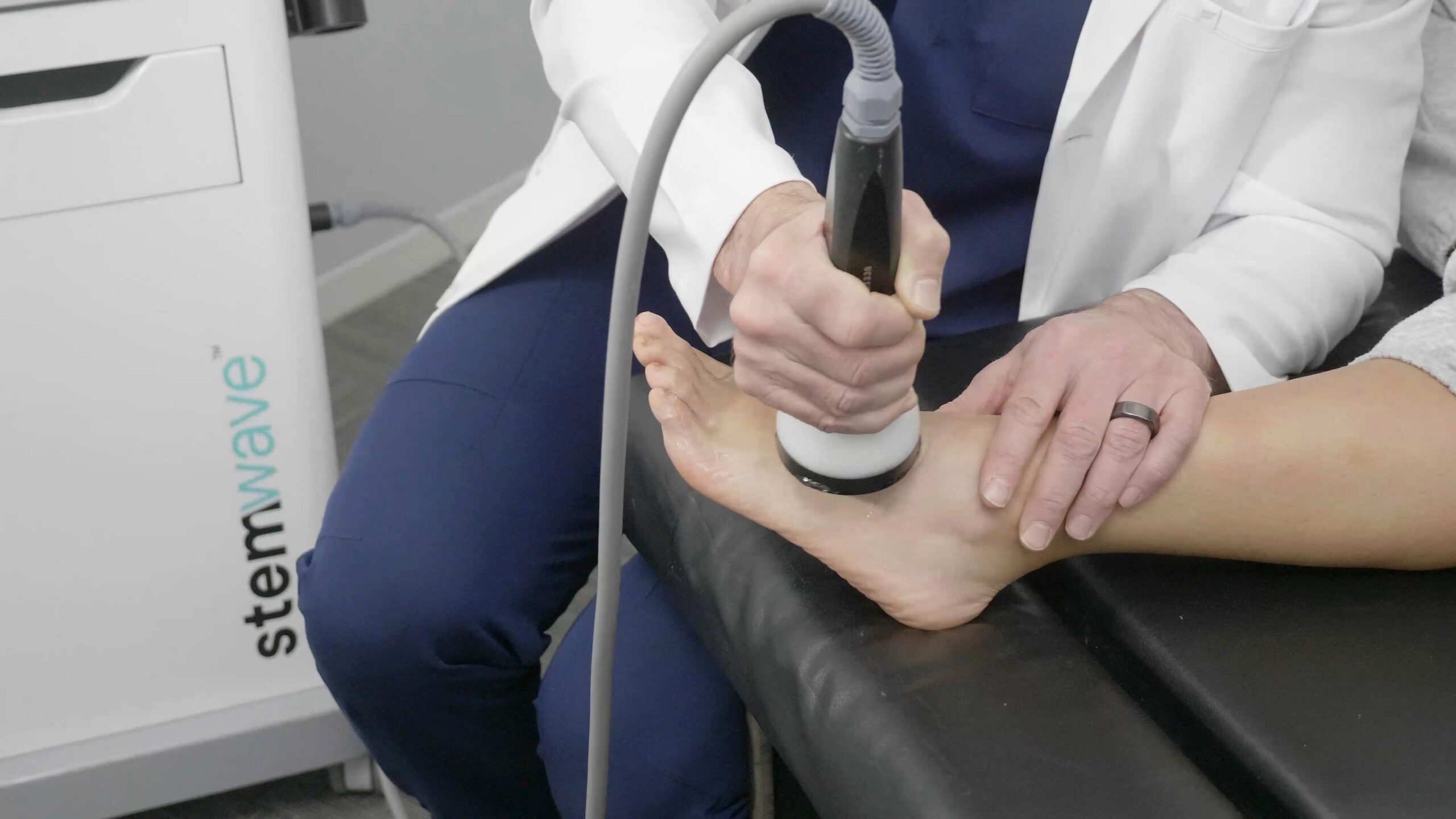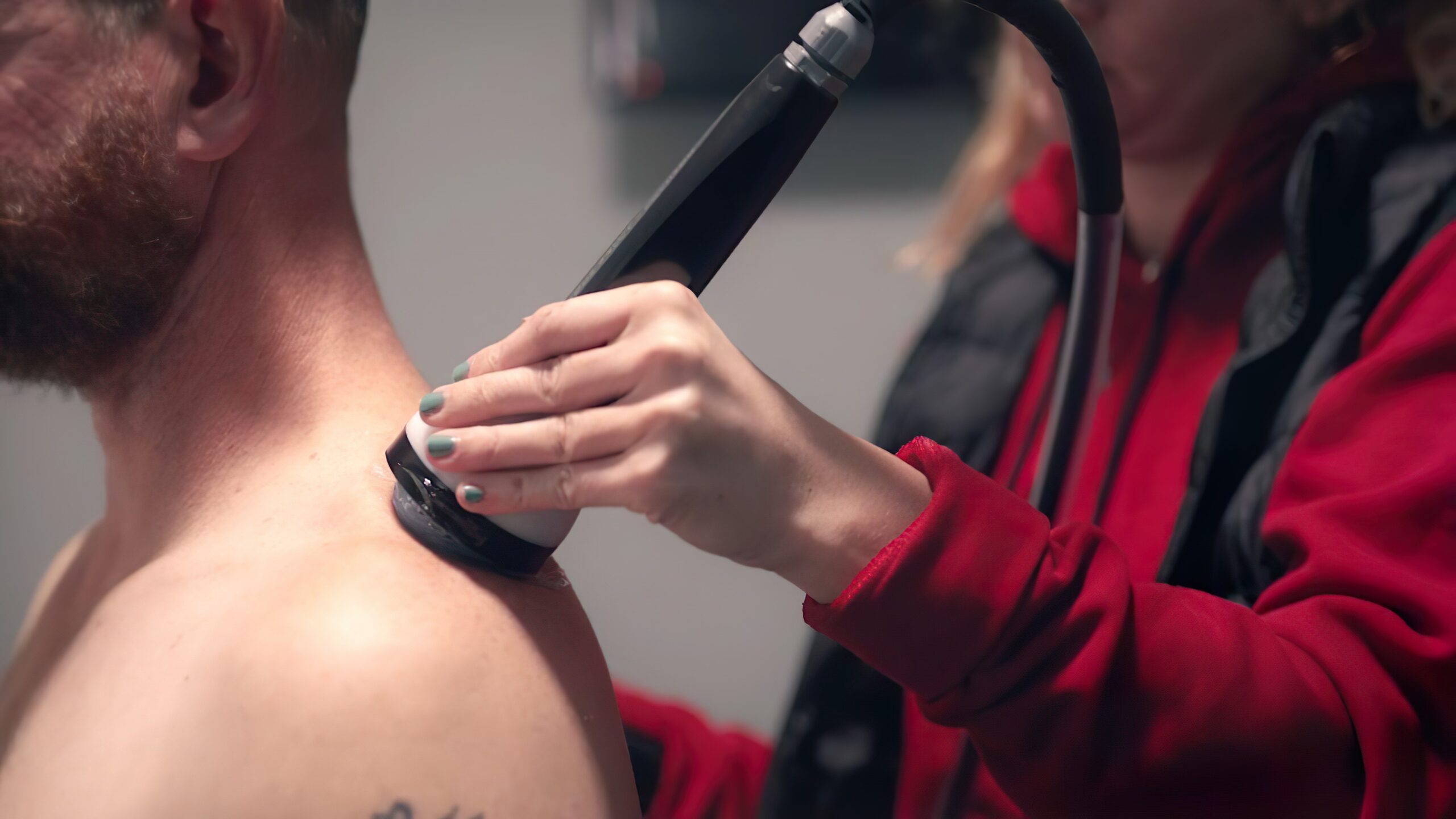Introduction
To most people, diabetic shoes look like any other pair of comfortable walking shoes. The difference lies in how they are made and the extra protection they provide for individuals living with diabetes.
At Ozark Medical Equipment, we specialize in diabetic footwear designed to safeguard your feet, improve comfort, and reduce the risk of serious complications. Whether you have recently been diagnosed or are caring for a loved one with diabetes, understanding these differences can help prevent problems and keep you confidently on your feet.
Why Footwear Choice Matters for People with Diabetes
Diabetes can affect circulation and nerve sensitivity, especially in the feet. When sensation is reduced, you might not feel blisters, pressure points, or small injuries that can quickly turn into infections or ulcers.
Wearing the right shoes is one of the simplest and most effective ways to protect against these risks. Research shows that therapeutic shoes significantly reduce the chance of developing foot ulcers by reducing friction, pressure, and rubbing.
Diabetic Shoes vs. Regular Shoes: Key Design Differences
Diabetic shoes and regular shoes may look similar on the outside, but their construction serves very different purposes. Below are the main features that set them apart.
1. Interior
Diabetic shoes are built with a soft, seamless interior that helps prevent rubbing and irritation. The smooth lining reduces the chance of blisters or sores forming on sensitive skin. Regular shoes often contain seams, stitching, or rough materials inside that can create friction and pressure points.
2. Depth
Diabetic shoes have extra depth and a wide toe box. This provides space for swelling and custom inserts while preventing tightness across the toes. Regular shoes typically have a standard depth that can cause crowding or rubbing, especially when feet swell throughout the day.
3. Soles
The soles of diabetic shoes are designed to absorb shock and evenly distribute pressure across the foot. This cushioning helps protect high-risk areas such as the heel and ball of the foot. Regular shoes tend to focus more on fashion or general comfort and may not provide balanced pressure relief.
4. Fit
Diabetic shoes are made for customization. Many styles feature adjustable closures or removable insoles to achieve a precise, supportive fit. Regular shoes come in standard sizes that do not always account for differences in foot shape or medical needs.
5. Purpose
The goal of diabetic shoes is protection and prevention. They are designed to reduce injury risk, improve stability, and enhance comfort for daily wear. Regular shoes are primarily designed for appearance or general activity and may not offer the same level of foot protection.
How to Choose the Right Pair
When shopping for diabetic shoes, look for these essential features:
- Seamless Interior: Minimizes friction and rubbing
- Extra Depth and Width: Accommodates inserts and swelling
- Firm Heel Counter: Adds stability and prevents slipping
- Shock-Absorbing Sole: Softens impact while walking
- Removable Insoles: Allows for custom orthotics or adjustments
- Breathable Materials: Keeps feet dry and comfortable
Tip: Always have your shoes professionally fitted. Feet can change shape over time, and a proper fit helps prevent pressure points that lead to injury.
FREQUENTLY ASKED QUESTIONS
Not anymore. Today’s diabetic shoes come in athletic, casual, and dress styles, allowing you to look good while staying protected.
Wider shoes may feel more comfortable, but they do not provide the same pressure relief or seamless design as true diabetic footwear.
If you have diabetes and certain risk factors, your doctor can prescribe diabetic shoes, which are often covered by insurance.
See and Feel the Difference
The best way to understand the benefits of diabetic shoes is to try them on. Visit Ozark Medical Equipment in Poplar Bluff, Missouri for a free diabetic shoe fitting and demonstration. Our specialists will help you find the right fit, comfort, and support your feet deserve.
Call 573-686-5510 to schedule your free diabetic shoe consultation today.



